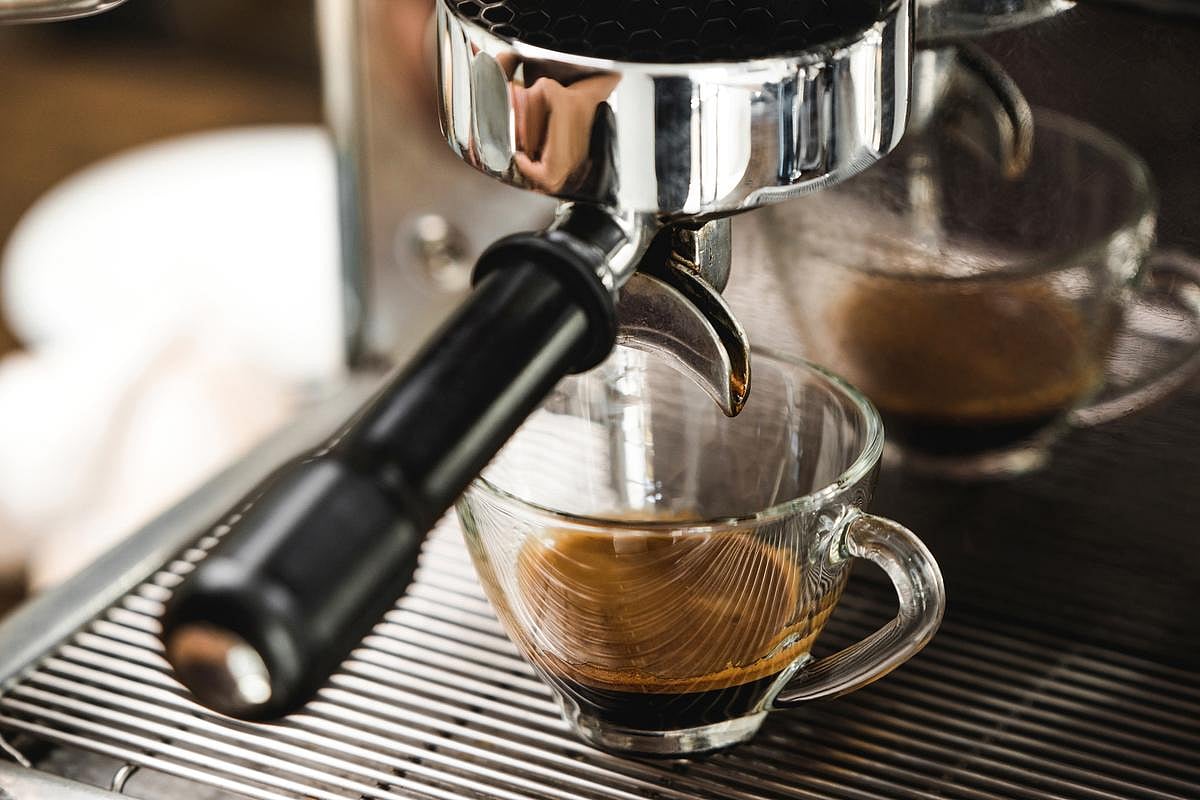Get Healthy!

- Posted November 12, 2025
Coffee Might Reduce Heart Rhythm Risk
A cup of coffee might actually benefit some people with a common heart rhythm disorder, a new study says.
Adults with atrial fibrillation who drank a daily cup of coffee were 39% less likely to have an episode of irregular heart rhythm, compared to those who avoided caffeine, researchers reported Nov. 9 in the Journal of the American Medical Association.
“Our study results suggest that caffeinated coffee may not be responsible for raising the risk of A-Fib and may even reduce it,” senior researcher Dr. Gregory Marcus, a professor of medicine at the University of California-San Francisco, said in a news release.
Caffeine has traditionally been thought to contribute to heart rhythm problems, and doctors often advise A-Fib patients to cut back on coffee, researchers said in background notes.
A-Fib occurs when the heart’s upper chambers — the atria — start to quiver and beat irregularly. The condition increases a patient’s risk of stroke and heart failure, if left untreated. More than 6 million people in the U.S. have A-Fib, according to the American Heart Association (AHA) news release.
For the new study, researchers enrolled 200 people with A-Fib whose heart rhythm was so off-kilter that they needed drugs or an electrical shock to set it right.
All of the participants were coffee drinkers, sipping an average one cup of caffeinated coffee per day, researchers said.
Half were told to keep drinking at least one cup of coffee daily, and the other half were asked to avoid all caffeine.
“We conducted this study to assess whether caffeinated coffee increased or decreased the risk of A-Fib. Participants were randomly assigned to continue drinking at least one cup of caffeinated coffee daily or to avoid any caffeine for six months,” lead researcher Dr. Christopher Wong, a professor of cardiology at the University of Adelaide in Australia, said in a news release.
After six months, the study found that about 64% of people in the no-caffeine group experienced an A-Fib episode lasting more than 30 seconds, compared to 47% in the coffee group.
“It is reasonable for health care professionals to let their A-Fib patients consider experimenting with naturally caffeinated substances that they may enjoy, such as caffeinated tea and coffee,” Marcus said. “However, some people may still find that caffeine or caffeinated coffee triggers or worsens their A-Fib.”
The research team also noted that these findings might not apply to people who down lots of coffee, or other beverages containing caffeine.
“It was interesting that it wasn’t a ton of coffee. It was, I think, seven cups a week, which is just one a day,” Dr. Laurence Epstein, system director of electrophysiology for Northwell Health in Manhasset, N.Y., said in a news release.
“I tell people that, ‘If you know there is a certain trigger for you, if every time you have a cup of coffee or eat a chocolate bar, have a glass of red wine, you go into atrial fibrillation, then don’t do that.’ But if you find that’s not the case, then moderation is the key,” advised Epstein, who was not involved in the research.
He added, “So having one cup of coffee in the morning and then switching to decaf, for example, or having one glass of wine but not a whole bottle. And I think that’s the key. I think it’s knowing yourself and knowing what your triggers are and then living a healthy, moderate lifestyle.”
Researchers presented these findings Sunday at the American Heart Association’s annual meeting in New Orleans.
More information
The American Heart Association has more on atrial fibrillation.
SOURCES: American Heart Association, news release, Nov. 9, 2025; Northwell Health, news release, Nov. 9, 2025








